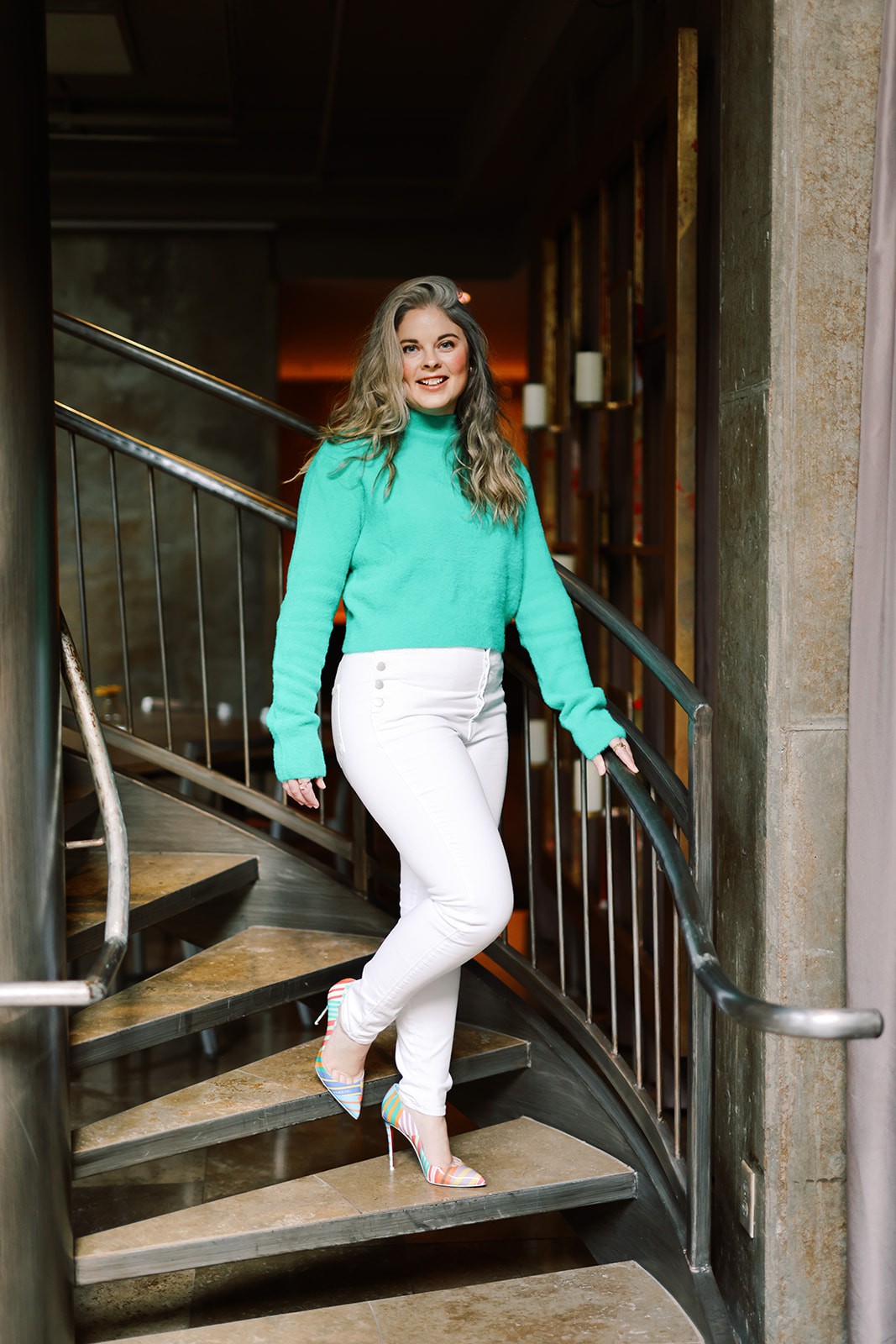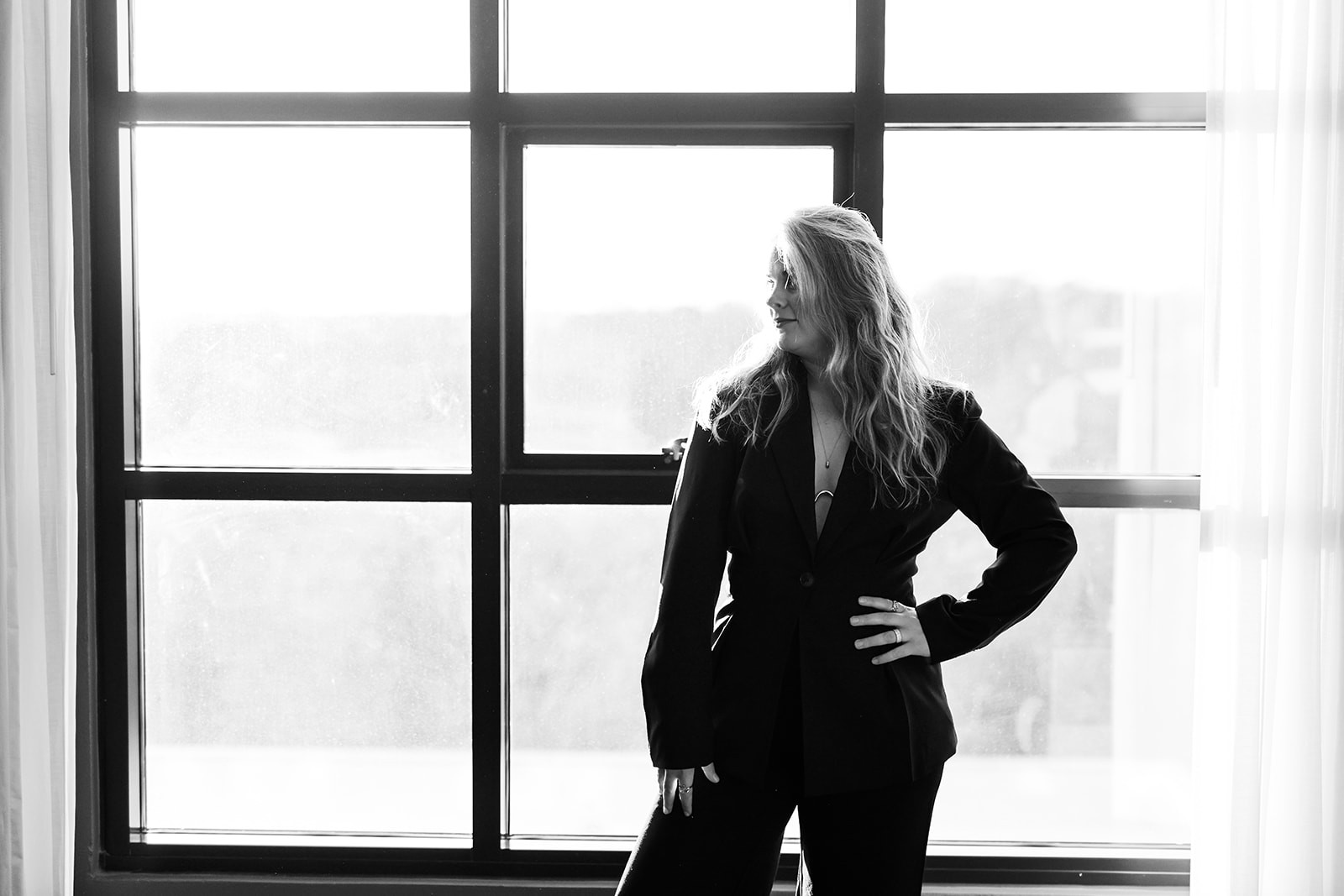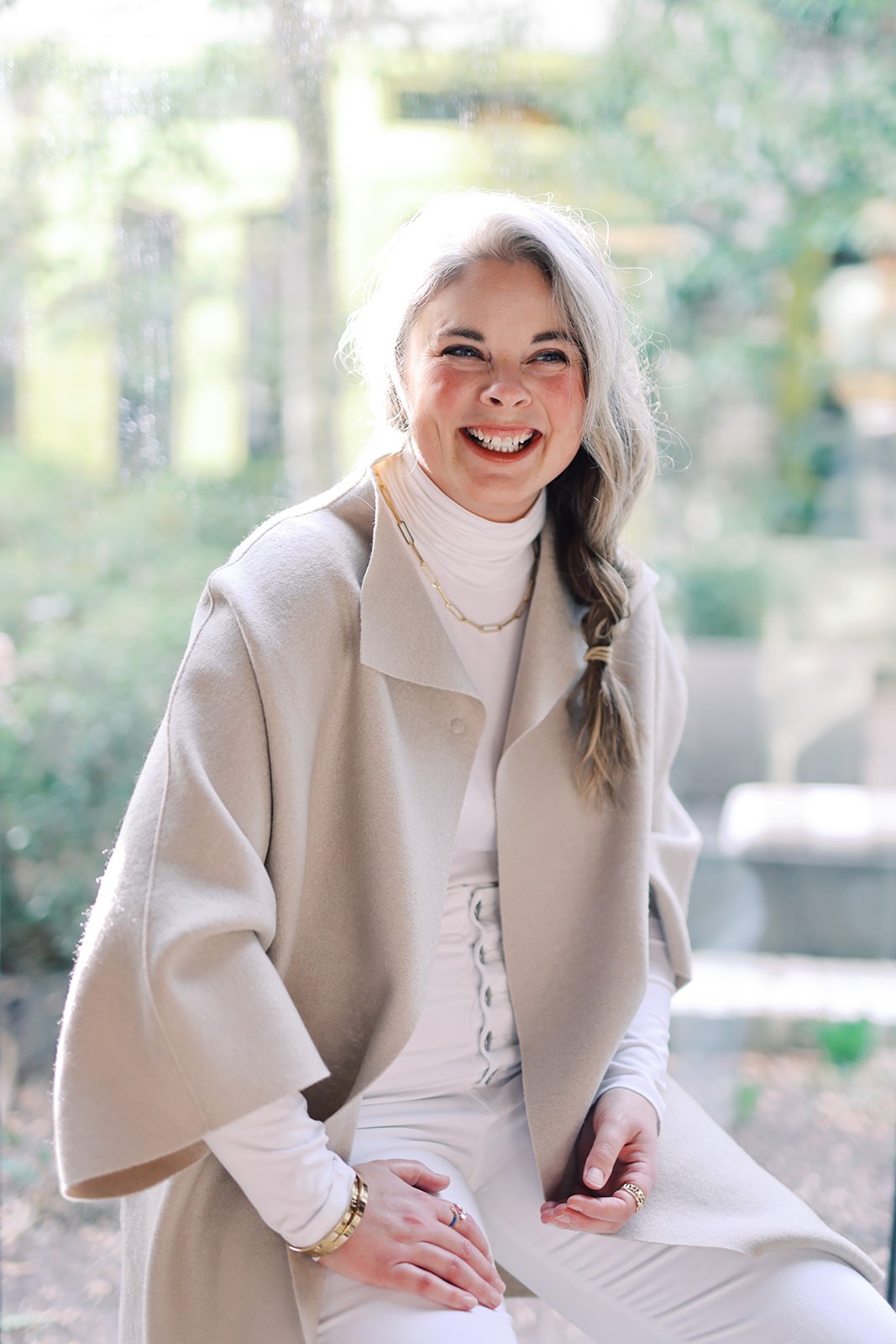We recently connected with Anessa Fike and have shared our conversation below.
Anessa, thanks for joining us, excited to have you contributing your stories and insights. What’s the backstory behind how you came up with the idea for your business?
I didn’t start a business in the same way that most entrepreneurs do. In fact, I wasn’t even thinking about it, and hadn’t thought about it, when the opportunity came before me. I was working with a company at the time where I had my first roles in human resources and worked my way up to Global Recruiting Director for the whole organization. And when my husband and I decided we wanted to start a family, we didn’t want to do that in the city we were living in at the time. So when I told the CEO and the Chief People Officer that I was thinking about moving to a different state, they asked if I’d ever thought about opening my own business, and they offered to be my first client if I did. I thought about it for a few days, came back, and decided that’s exactly what I’d do. I have always been the type of person that will figure things out, that has a plan B, C, D, E, and that will roll my sleeves up and learn the things I don’t know to make sure that the job gets done and gets done well. Starting a business was no different. But how I set up my business was different than how other HR/People/Talent leaders did so at that time. I looked around at the life I wanted to live and what businesses needed, and I started one of the very first Fractional Leadership models out there, especially for the People space. Fast-forward 10 years later, and Fractional is a huge trend now! But I knew I wanted to start a business that was based in making peoples’ work lives and workplaces better.

Anessa, before we move on to more of these sorts of questions, can you take some time to bring our readers up to speed on you and what you do?
When businesses aren’t sure how to grow, scale, or go through a change or transition, they call us to help them do all of these elements while making sure that their people are informed and engaged respectfully. Fike+Co is a boutique firm specializing in Fractional People, Talent, and HR Executive Leadership as well as anything under the HR roof that an internal HR team might not have quite the time to devote toward. Our mission is to help businesses and organizations find their inclusive and sustainably engaging cultures that allow all humans to thrive. We are not yes-people; we will always tell our clients the truth, and we’ll guide them in the right direction while putting diversity, equity, inclusion, justice, and accessibility at the forefront of everything we do. If you’re looking for traditional HR, we aren’t your people. But if you’re looking for business executives who can guide your revenue higher while also creating an environment where people truly love coming to work, then we’re your people. Fike+Co is a one-stop shop for all things People, Talent, and Culture.

Learning and unlearning are both critical parts of growth – can you share a story of a time when you had to unlearn a lesson?
Perfectionism is a hard lesson to unlearn. But working with a majority of organizations and companies under 10,000 employees, things change frequently, and you have to keep up. In that type of setting – and in today’s world – there just isn’t a place for perfectionism, nor should there be. I, like most people who had a public education in the US, was taught growing up that I could never be wrong, and that I should always strive for 100% – if not 110%. Well, that just doesn’t work in the world of business today. Being successful requires constant pivoting, learning, changing, engaging, feedback loops, and reiterating. So when it’s nearly there, I let it go. Perfectionism isn’t attainable, and any human who thinks it is isn’t really being honest with themselves. Over the last 5-10 years, I’ve learned that being real and authentic is worth way more than being perfect. Anyone who knows me or has met me will tell you that whether I’m with friends, talking to clients, or speaking to a room full of executives, I’m the same person. We should all embrace who we are, our unique skill sets, and our unique lived experiences, while also realizing that many of those who look like me (a white woman) have had a far easier time and fewer challenges along the way during our lived experience. Still, perfect isn’t real – and if we all realized that, I think we’d take a lot of stress off of ourselves.

We’d love to hear the story of how you built up your social media audience?
Let me start off by saying that I’m a bad Millennial. I don’t do all social media well or at all. You’ll not find me on Tik Tok. But, I leaned into LinkedIn about a decade ago as I was one of the early users even before that. I saw these leaders posting about their almost-behind-the-scenes takes on their industries. At the time, I didn’t see anyone in HR, People, or Talent doing that, and I thought, “You know what? Why not?” So I started writing – venting, really – about stuff that I saw that I thought should be called out. I started posting about issues I had seen with leaders, issues I had seen with companies, issues that I had seen in the workplace. And I had people reach out, even then, to tell me thank you for making them feel seen, heard, and less alone because they, too, were experiencing the things I was talking about – but they had a fear of speaking out about it. Well, one thing about me is that I rarely keep my mouth shut when I see something that should be called out. So I kept going. I kept writing about things that were literally happening to me in my day-to-day work as a People and Talent Executive. Now, I’ve had LinkedIn followers that have been with me for 10 years. I’ve also met real life friends along the way. And I’ve had thousands of messages over the years that range from a simple, “Thank you for doing what you do” to “I don’t know you but I think you’ll be able to understand my situation and offer some great advice.” I almost always respond to LinkedIn messages when I receive them – and sometimes, that can be 50 per day! But it’s important to me because I didn’t have that person to look up to online during my early years in HR and Talent, and I’d wish that I had. I built my social media presence on LinkedIn by being me, being real, and trying to offer up perspectives that I don’t see often.

Contact Info:
- Website: https://www.fikeandco.com/
- Linkedin: https://www.linkedin.com/in/anessafike/
Image Credits
Lindley Battle Photography


